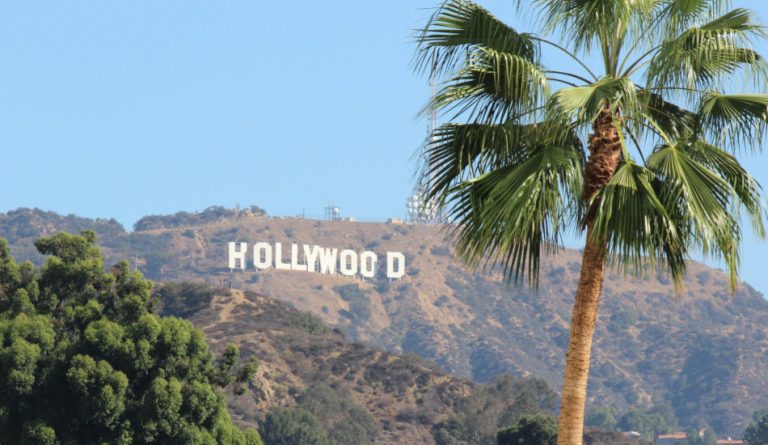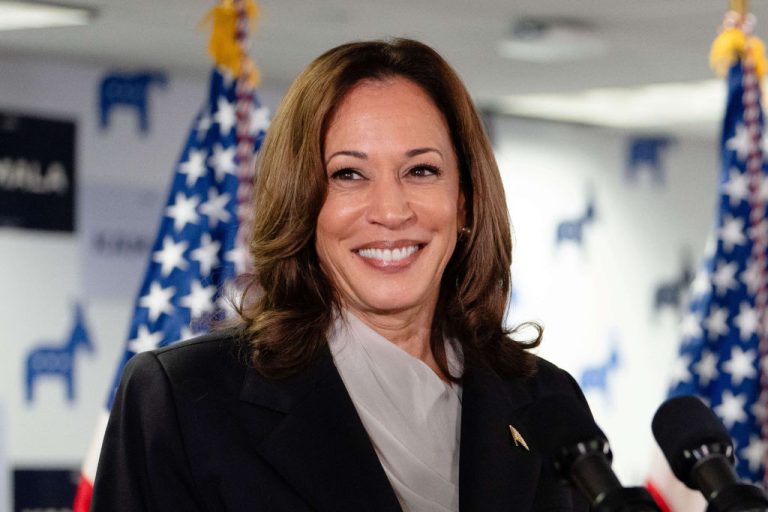In a recent interview, Republican Sen. Tom Cotton criticized the American film industry for its kowtowing to the Chinese Communist Party (CCP), singling out Hollywood’s decision not to cast any antagonists as ethnically Chinese.
“When was the last time you saw a Chinese bad guy in a movie?” Cotton told Breitbart. “Back in the Cold War, Russian communists were always the bad guys. We would think Chinese communists would provide pretty good fodder for Hollywood, but you never see it.”
The junior senator from Arkansas listed some examples of how Hollywood self-censors to appease the Party authorities, saying that the industry makes these decisions in exchange for Chinese funding and access to the country’s huge market.
In Iron Man 3, Marvel Studios altered the main villain’s ethnicity from Chinese to British. The 2012 remake of Red Dawn, a 1984 film depicting a Soviet invasion of the United States, was originally going to feature Communist China as the villains. However, the studio’s desire to maintain its standing in the Chinese market led to the antagonists being haphazardly changed to North Koreans in post-production.
In Maverick, the sequel to Tom Cruise’s blockbuster Top Gun, producers removed the Taiwanese flag from the main character’s bomber jacket because of Chinese censors’ objections. Tencent Pictures — owned by the Chinese tech company Tencent — is partly financing the movie. Another production company involved in the film is Skydance Media, established by David Ellison, Oracle founder Larry Ellison’s son. Tencent Pictures has an investment venture with Skydance Media.

Success
You are now signed up for our newsletter
Success
Check your email to complete sign up
Tencent and Skydance also partnered for Terminator: Dark Fate. The franchise’s previous movie, Terminator Genisys, was financially rescued by the Chinese market, which contributed $112 million to its box office sales — the film made only $89 million in the United States.
Hollywood changing the script
In addition to conspicuously avoiding Chinese villains, Hollywood has also been criticized for suppressing topics the CCP considers sensitive. For example, Marvel Studios’ Doctor Strange had a male Tibetan character, The Ancient One. The character was recast as an English woman to escape censorship.
Tibet, an autonomous region of China, is the site of severe and long-standing human rights abuses. Beijing considers all dissent in or concerning Tibet to be separatism and treats the ethnic minority as a political threat.
Cotton recently released a report arguing that America should decouple from China, including in the field of entertainment. The senator said that the U.S. has been forced into a cultural battle with Communist China and must take action to prevail against Beijing’s totalitarian Marxist vision.
Washington, he said in the report, must ensure that Hollywood can produce content that is “free of malign foreign influence.” For example, the U.S. government should ban Chinese investment in American studios and streaming services.
While large, the Chinese share in Hollywood is actually declining. In 2020, foreign films in Chinese ticket receipts were just 16 percent, slipping from 36 percent in 2019. One factor in this drop is a pause on some Hollywood releases due to the novel coronavirus pandemic. But another reason is that Chinese blockbusters made in China now increasingly feature Hollywood-level production quality.
“China is the fastest to walk out of the pandemic impact, and Chinese people are very willing to go out and watch movies in cinemas… Hollywood released fewer blockbusters last year, so its level of appeal to Chinese viewers has become lower,” Wilson Chow, global technology, media, and telecommunications industry leader at PwC China, told Bloomberg. Four of the world’s 10top-grossing movies in 2020 were Chinese.
Follow us on Twitter or subscribe to our email list







